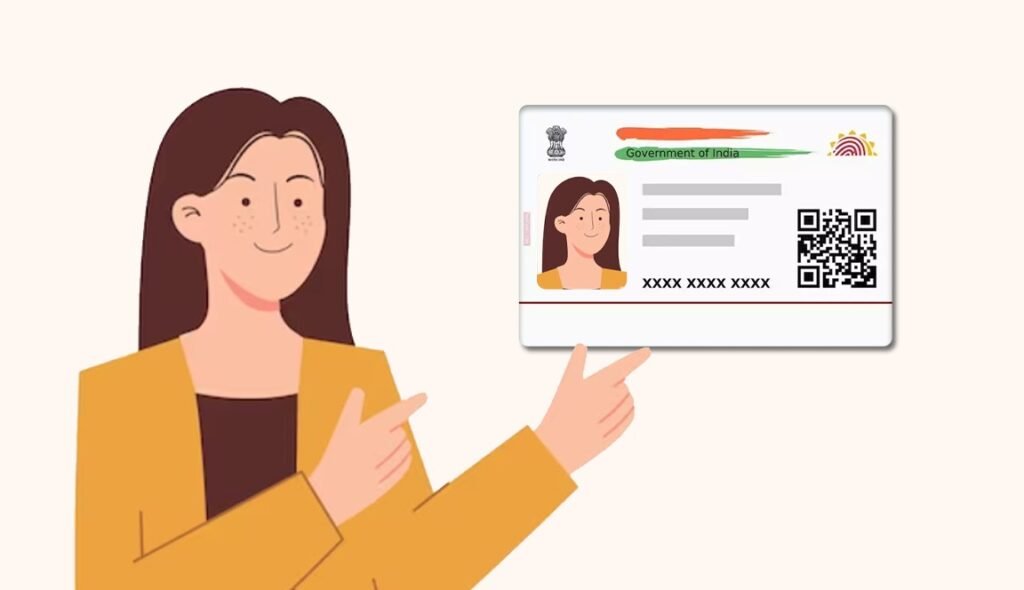Aadhaar Card is a key component in India’s digital public infrastructure (DPIs), driving financial inclusion as a trusted method of identification, with almost 95% of the population owning it. The 12-digit Aadhaar card number simplifies access to government services, ensuring transparency, and empowering its citizens. However, Moody’s Investors Service, a global rating major has questioned the reliability of Aadhaar.
Moody’s raises red flag about Aadhaar
Moody’s Investor Service has raised concerns about the security and reliability of Aadhaar’s biometric technologies, mainly for people in hot and humid climates. It noted that the unique ID system often results in “service denials”.
“The Unique Identification Authority of India (UIDAI) administers Aadhaar, aiming to integrate marginalized groups and expand welfare benefits access… The system often results in service denials, and the reliability of biometric technologies, especially for manual laborers in hot, humid climates, is questionable,” Moody’s stated as quoted by The Hindu.
What has the Government of India said in response
The Indian Government has claimed Moody’s Investors Service opinions baseless by saying that Aadhaar is the most trusted digital ID in the world.
The Ministry of Electronics and IT in a statement said, “A certain investor service has, without citing any evidence or basis, made sweeping assertions against Aadhaar, the most trusted digital ID in the world. Over the last decade, over a billion Indians have expressed their trust in Aadhaar by using it to authenticate themselves over 100 billion times. To ignore such an unprecedented vote of confidence in an identity system is to imply that the users do not understand what is in their own interest.”
Further explaining the service denial issue the ministry said, “The report avers that use of biometric technologies results in service denials for manual laborers in India’s hot, humid climate, an obvious reference to India’s Mahatma Gandhi National Rural Employment Guarantee Scheme (MGNREGS). However, it is evident that the authors of the report are unaware that the seeding of Aadhaar in the MGNREGS database has been done without requiring the worker to authenticate using their biometrics, and that even payment to workers under the scheme is made by directly crediting money in their account and does not require the worker to authenticate using their biometrics.”
The report ignores that biometric submission is also possible through contactless means like face authentication and iris authentication. In addition, the option of mobile OTP is also available in many use cases, the statement added.
While answering to the security and privacy vulnerabilities in a centralised Aadhaar system, it clarified that the Parliament has been categorically informed that till date no breach has been reported from Aadhaar database. Further, Parliament has laid down robust privacy protections in the law governing the Aadhaar system and these are observed through robust technological and organisational arrangements.
It also informed that recently, the G20 Global Partnership for Financial Inclusion (GPFI), in a report prepared by the World Bank, has stated that the “implementation of DPIs such as Aadhaar (a foundational digital ID system), along with the Jan Dhan bank accounts, and mobile phones, is considered to have played a critical role in moving ownership of transaction accounts from approximately one-fourth of adults in 2008 to over 80 percent now—a journey that it is estimated could have taken up to 47 years without DPIs”.
